Graham Reid | | 7 min read

He speaks of "we," not "me," and talks with quiet pride of his culture as if a collective memory has been tapped.
At 20 he is already a voice for his people and feels a responsibility to use it, especially now his family are settled in a country where their history and culture are unfamiliar and distant.
Karwan Mohammad is a Kurd, his family originally from Kirkuk in Iraqi Kurdistan.
His father, Ali, has been an active figure for over 30 years in the independence movement to establish a Kurdish state amid the jigsaw of countries - Turkey, Iran, Iraq, Syria, a fragment of the former Soviet Armenia - in which Kurds live.
Caught, often literally, in the crossfire, the Kurdish people have a history of enduring and fighting repression.
In 1988, at least 5000 were massacred by Iraqi chemical bombs in the town of Halabja and 150,000 fled their homes to find refuge in Turkey and Iran.
"The Kurdish personality is an injured one," says Karwan, who describes himself as "the tongue of my family" because his parents speak little English.
He has no doubt about his broader role: he will speak of the Kurds' situation because so few can articulate the story to Westerners.
"All Kurdish people are very proud of their identity," he says as he sits in the family's rented house in the silent suburban streets of Forrest Hill, in North Shore City.
"It is difficult for us here because how would people know who we are? We come from a country divided, and if people don't know where it is I have to say, 'I am from Iraq.' But that hurts in a very painful way.
"We want people around the world to know we desire to have our own ethnic identity recognised; it's our right.
"We struggle to make people know there won't be a peaceful Middle East without an area where Kurds can prosper. And we haven't come to New Zealand for economic prosperity; we have a wider mission."
For many years, sheer survival was the best the Mohammad family could hope for. They fled from Iraqi troops into Iran in 1989, then three years later fled again, this time to Quetta in Pakistan.
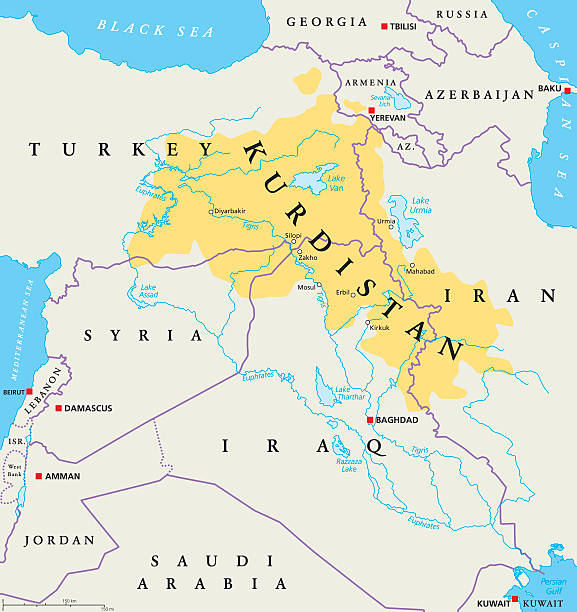 Ali Mohammad has spent four years in an Iraqi jail and a further two months in detention in Iran for his political activities.
Ali Mohammad has spent four years in an Iraqi jail and a further two months in detention in Iran for his political activities.The family's story is punctuated by anecdotes of hunger strikes and imprisonment in Pakistan, and their forced deportation from Islamabad when thousands of Kurdish refugees moved there to occupy the grounds of the United Nations offices and draw attention to their plight.
Eventually, the family were sponsored through "a friend of a friend" to come to New Zealand, a country they knew little about.
They were pleased to be allowed to migrate here because of the supportive welfare system and opportunities for education.
They also did not relish the idea of becoming American Kurds because there was a strong likelihood, United States politics being what it is, that they would find themselves as dissenters in a country generous enough to offer them sanctuary. They believe that is unlikely to happen in New Zealand, and say they have been made to feel welcome.
The Mohammads, along with eight other Kurdish families, spent six weeks at the Mangere Reception Centre in South Auckland after their arrival in April last year ("it was raining"), and Karwan speaks highly of the opportunity to receive tutoring in English at the Auckland University of Technology and be given direction into university courses.
Despite the uncertainties of life as refugees, he says, the children of his family were always encouraged to study hard.
He is now at university aiming for a law degree, and while in Pakistan published a book of Kurdish poetry which he had translated into Urdu.
His younger brothers will soon be Kiwis, he says, because they are learning English so quickly at school.
His parents will shortly start English classes, but they acutely feel the suburban isolation.
Integrating into New Zealand - "everything is different here" - is difficult.
Across the city in a modest, barely furnished flat, a young Kurdish man from Turkey talks of his experiences in New Zealand.
Because Turkey denies the existence of the Kurdish language and nation, he fled two years ago.
Like many asylum-seekers, he arrived with false documents.
He has recently been granted a work permit while he waits for his asylum application to be processed.
Before that, he worked illegally for low wages to repay those here who were helping him.
But, he says with weary frustration, Kurdish people mostly live in small communities, often in rural areas.
Many are farmers, but there is no opportunity for them to get into farming in New Zealand.
So they live in Auckland, where they find a small but sympathetic and supportive community.
Being obliged to live in the suburbs because inner-city rents are so expensive presents problems of its own: many cannot drive unless they go through the licensing process. That takes money and time, and often requires translators.
While they attempt to do that, they are reliant on public transport. They can tell you its shortcomings.
As with many refugees, what qualifications they had are not recognised or cannot be verified.
And like most European and Asian peoples, they prefer to socialise in cafaacés and small restaurants. After dark in New Zealand, everyone goes to the suburbs and goes inside. The nearest shop to the Mohammads is a dairy a kilometre away up the hill.
These are big adjustments to make, changing a whole lifestyle. It aggravates the isolation of a group which is small and dispersed anyway.
In the Mohammad home, the busy fax machine, phone and internet keep them in contact with Kurdish friends and political sympathisers around the world.
It is essential to them that they keep their identity, even while trying to fit into a new country.
"It is still hard," says Karwan. "All those memories, all that pain. And your relatives and ancestors are still there.
"Sometimes you feel being a Kurd is all you've got."

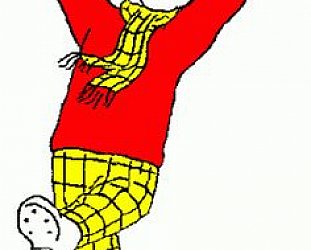
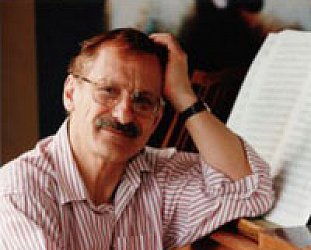
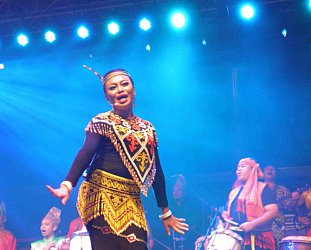
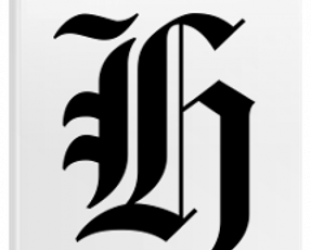
post a comment